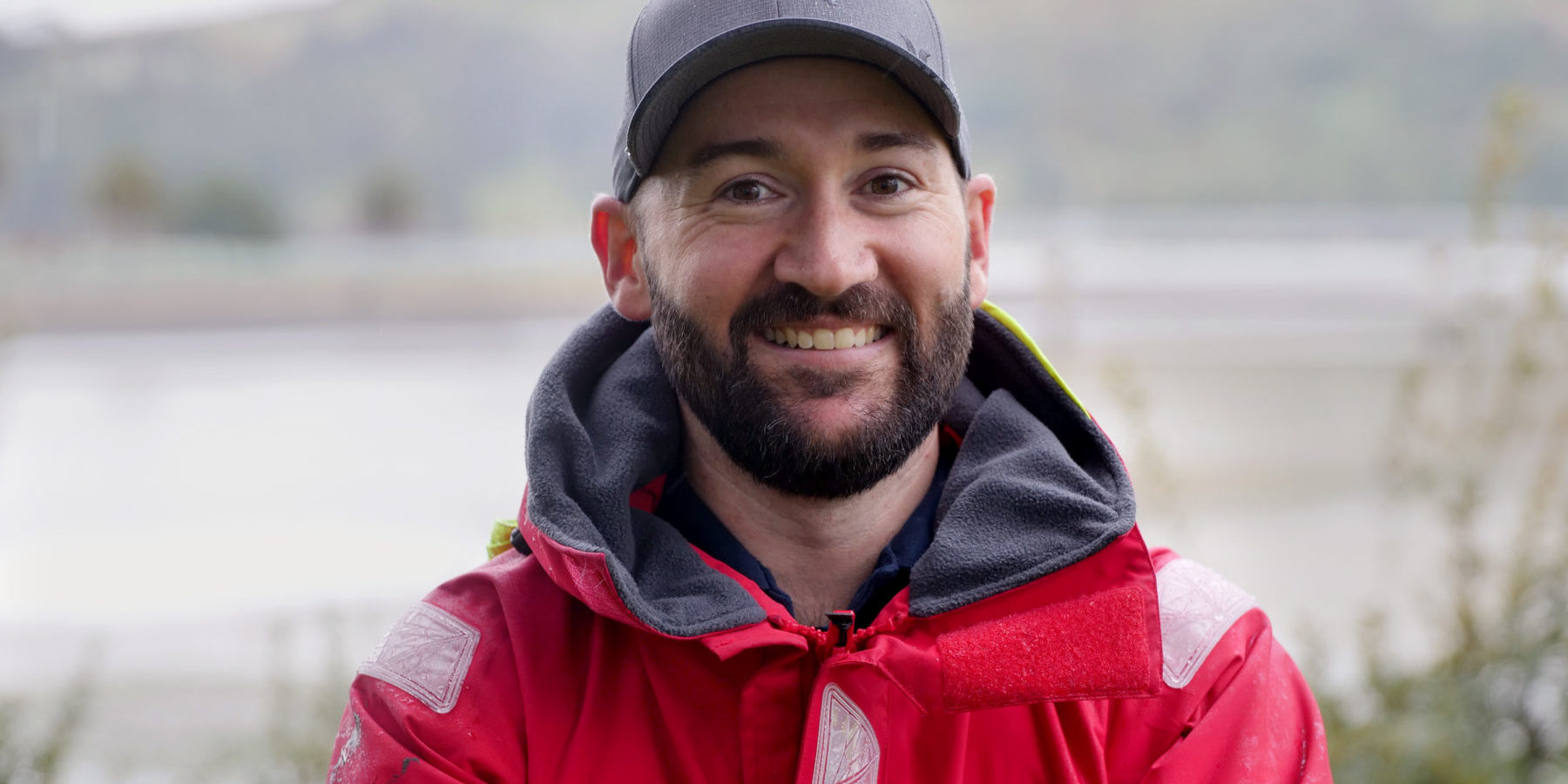Dr. Richard Bulmer’s research has advanced methods for managing mangroves and clarified how the gnarly estuarine plants could help us meet CO2reduction targets.
The impact of rising carbon emissions on global warming has increased interest in identifying ecosystems with high carbon storage capacity. Richard’s initial research focused on how much carbon is stored in healthy mangrove ecosystems and how quickly it is released, compared to recently cleared mangrove stands. He has also applied his analysis of carbon and nutrient storage to mudflats, sandflats, seagrass meadows and saltmarshes. His research has already resulted in 10 published papers and a co-authored book chapter, as well as helping to shape practical strategies for the challenging and contentious area of mangrove management.
His work assessed a range of mangrove clearance methods and established ‘recovery’ timeframes, provided the technical basis for a recently published guide for mangrove management.
Dr. Richard Bulmer
NIWA
Emerging Scientist Award
Dr. Richard Bulmer’s research has advanced methods for managing mangroves and clarified how the gnarly estuarine plants could help us meet CO2reduction targets.
The impact of rising carbon emissions on global warming has increased interest in identifying ecosystems with high carbon storage capacity. Richard’s initial research focused on how much carbon is stored in healthy mangrove ecosystems and how quickly it is released, compared to recently cleared mangrove stands. He has also applied his analysis of carbon and nutrient storage to mudflats, sandflats, seagrass meadows and saltmarshes. His research has already resulted in 10 published papers and a co-authored book chapter, as well as helping to shape practical strategies for the challenging and contentious area of mangrove management.
His work assessed a range of mangrove clearance methods and established ‘recovery’ timeframes, provided the technical basis for a recently published guide for mangrove management.





